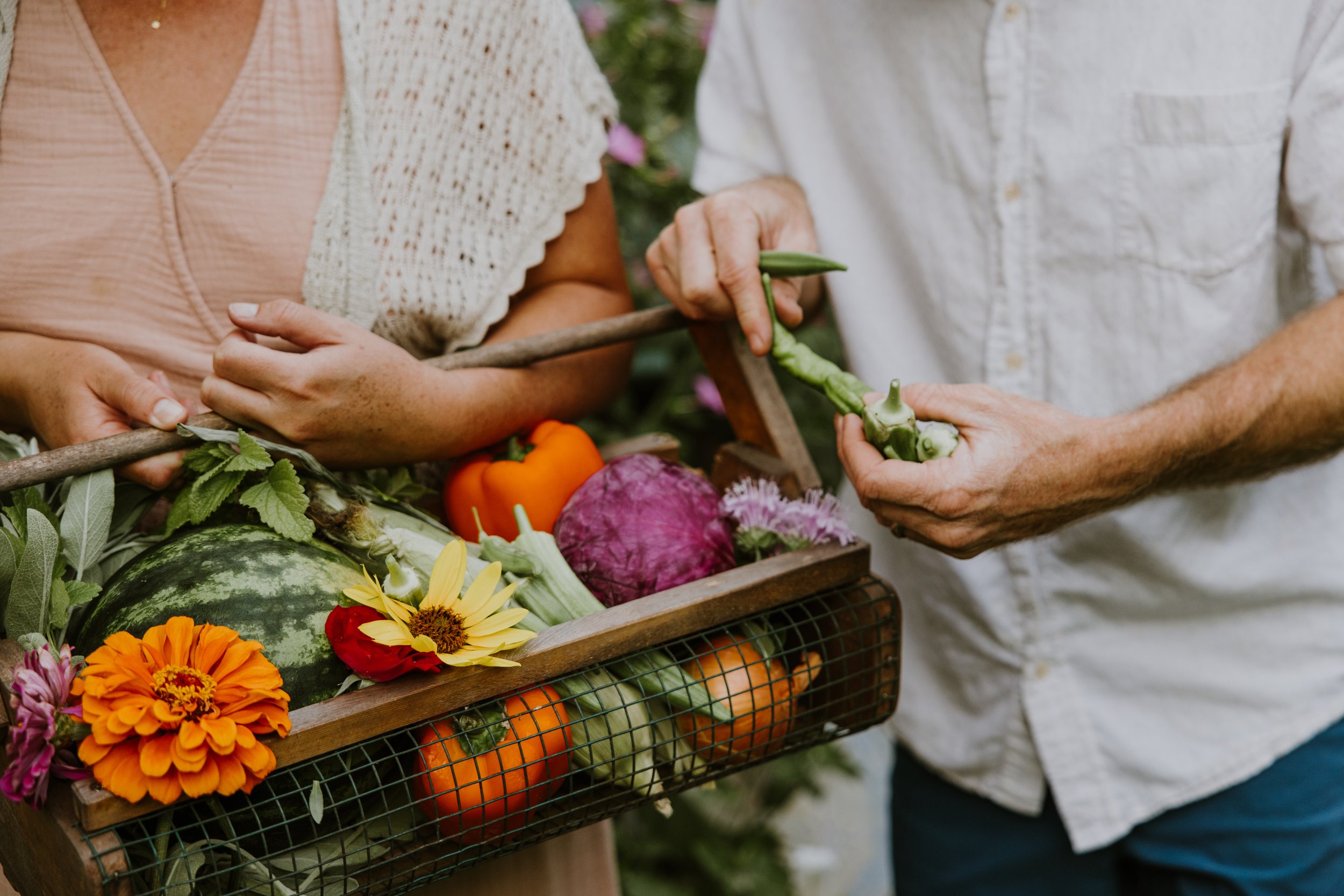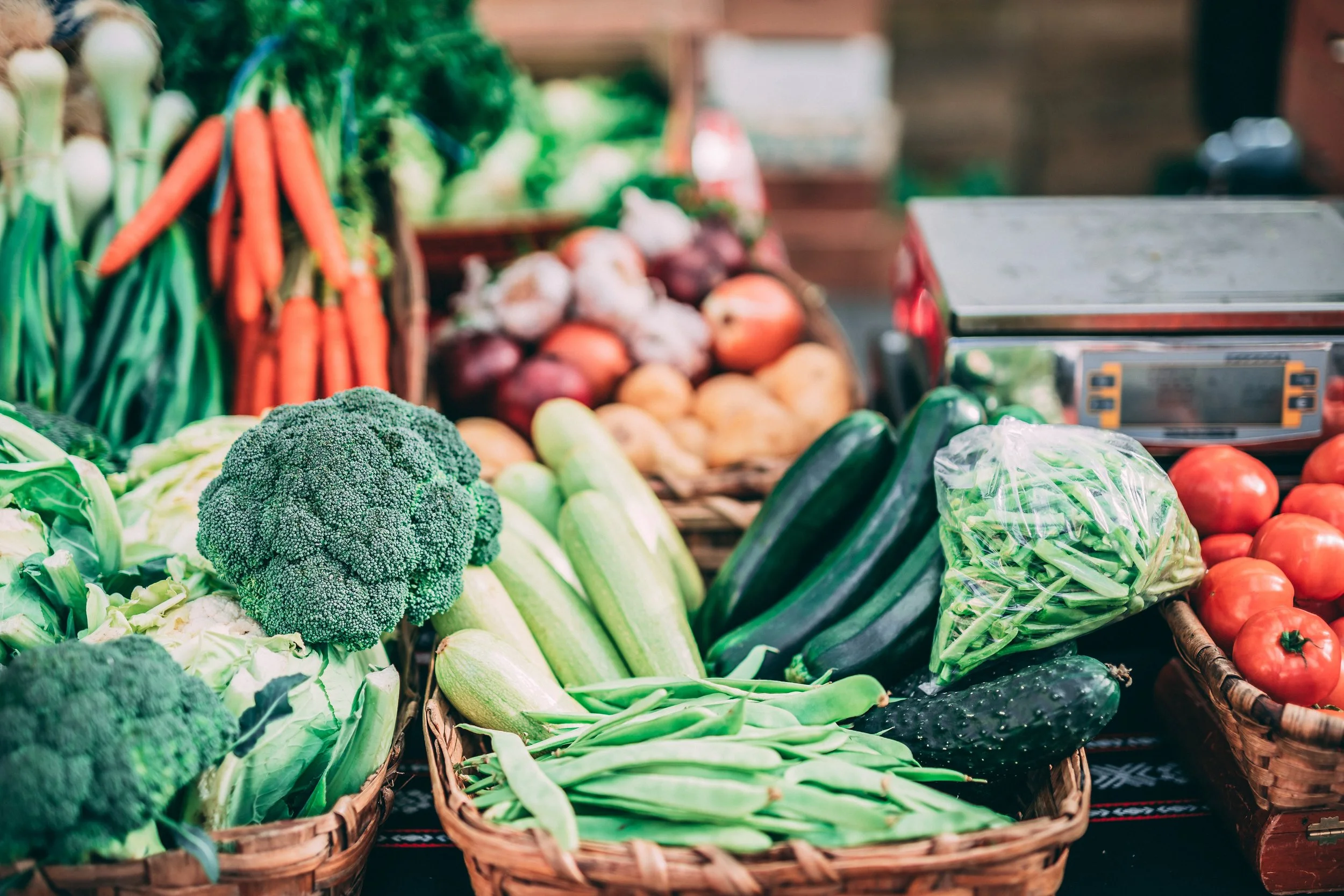Balancing Inflammation
By Amy Lupton
Inflammation is an important reaction of the body when an injury occurs.
Acute inflammation can be a life saver, bringing important healing components to the area in an attempt to regain balance. Inflammation is an important event of cellular defense system, and can be triggered by a variety of factors such as pathogens, allergens, damaged cells and toxic compounds.
Inflammation indicates tissue remodeling & repair, and is characterized by redness, heat, swelling, pain and loss of function.
Although acute, short-term inflammation is beneficial, it can be a concern if it becomes chronic & attacks your body’s own tissues, or goes on for long periods of time.
Research is now revealing that low-level inflammation can play a role in some health conditions and diseases and cascade the body into disfunction. These include but are not limited to:
Heart disease
Cancer
Metabolic syndrome & autoimmune conditions
Alzheimer’s disease
Various degenerative conditions
Because the research is strong with correlating inflammation and disease... working in anti-inflammatory foods, herbs & lifestyle changes is paramount.
Good news, even if you're inflamed or know you have chronic inflammation using herbs, foods and lifestyle changes can help reverse these symptoms and balance the body.
You probably have heard this many times... but it’s worth repeating again. Lifestyle can have a tremendous effect on your body, mind & soul. Being calm, centered, and balanced allows the body to work to its best ability.
Here are some lifestyle tips to crush inflammation:
Reduce alcohol, quit smoking. Alcohol is inflammatory to the body, but can be enjoyed in moderation. Same with commercial tobacco products, cigarettes, etc. We have read research that indicates that the tobacco isn't the problem with inflammation, its the papers and chemicals put on it.
Exercise, when done correctly and not overdone... it’s a fabulous anti-inflammatory! Your body must move to transport nutrients. Even though your heart can transport some, your lymphatic/waste system doesn't have a pump and needs you to get up and move.
Reduce Stress - Yep, even though its easier said than done. There are endless resources to address stress in your life. Use them, breathe, find calm.
Create connection and relationships - Have friends and connections, family and loved ones where the relationship is nurturing is amazing for the mind and soul. Find time to spend with friends, doing things that are fun and you love.
Phytonutrients in plants & herbs have also been reported to exhibit anti-inflammatory effects by targeting enzymes & modulating inflammatory mediators.
These are great to work into the diet, as teas, tinctures & tonics. You can use them on the skin as well where indicated.
Rosemary- Great for pain & inflammation because it naturally eases nerve and muscle tension. It’s very good for chronic headaches. Studies show that it may help prevent cancer and age-related skin damage. We love rosemary seasoned in foods or as a tea. And bonus! It grows in all regions in the United States. :)
Turmeric- A famously studied herb, many peer-reviewed studies show that turmeric has major benefits for your body & brain. Many of these benefits come from its main active ingredient, curcumin. When turmeric is combined with black pepper, it enhances the absorption of curcumin by 2,000%. Turmeric is an all star anti-inflammatory, helps the body with oxidative damage, and lowers your risk of heart disease.
Ginger - Contains chemicals that are antioxidants, anti-inflammatory and antibacterial. Studies show that it helps ease severe inflammation associated with rheumatoid arthritis. Ginger is also a wonderful immune-boosting herb, great for warming in colds and flus. We can't get enough of ginger, it is one of Liferoot's favorite herbs. It can be used in pregnant women, children, and addresses many ailments. This is one herb that never goes low in our home. :)
Allium Plant Family - Onion, Garlic, Shallot. This amazing family of plants squelches inflammation, is a blood cleanser and immune booster. And bonus, makes food taste so yummy! Add to dishes, soups, sauces to reap the rewards on the body. This family of plants also works great for immune system boosting, cleansing the body, and memory retention.
Aloe - Everyone should have an aloe at home! It's easy to grow, and it contains anti-inflammatory chemical compounds — which reduce swelling — called anthraquinones. These chemical compounds promote healing and alleviate pain when applied to your skin. If you have ever had a burn then you can attest! It can also be taken internally, aloe juice in water. We recommend buying organic aloe juice if you are not accustomed to cutting and skinning the plant yourself. When taken internally, it helps when you are needing to repair tissues and linings of tissues such as intestinal stress, lung tissue stress or infection and inflammation.
Gingko Biloba - This herb is brain centric, and has been studied for pain & inflammation. It supports mental clarity, and when studied was similar to effects of a NSAID. Best taken with food and can be effective in pill form or tea.
Burdock - This herb is wonderful for topical & skin inflammation, as well as skin conditions such as rosacea, inflammatory acne etc. Internally as a tea it can also help with inflammatory markers in arthritis, asthma and pelvic issues. Another favorite!
Anti-Inflammatory Food Guidelines
These are healthy guidelines recommended to nearly everyone to follow most of the time. It is not intended to be overly rigid or make you feel like an inmate, quite the opposite.
In fact, the physical & emotional improvements will delight you, and these guidelines have been proven to be anti-inflammatory (see studies below). Also, what you eat or drink at the occasional party or special occasion is not going to be significantly harmful to you or your hormonal balance in the long run. So splurge once in a while and enjoy it. Moderation in everything, including moderation!
Protein: Eat 2-4 ounces of well sourced healthy protein at each meal.
Vegetables: Eat a huge amount—you cannot over do it here—especially lots of leafy greens. Go for rich color and variety, avoid the starchy vegetables as a general rule. Prepare vegetables raw or lightly cooked for optimum digestion. If you can't afford organic, look up the Clean 15 and Dirty Dozen at ewg.org
Fruit: Eat moderate amounts of fresh fruits. Stay away from sweeter fruits as a general rule. Think berries, lemons, limes.
Carbohydrates: Less is best, save them for the complex carbohydrates. Decrease use of starchy grains and vegetables.
Fats: Good fats you need, they are like a tonic. Bad fats are poison. Stay away from processed vegetable oils such as canola.
Sweeteners: Minimal, occasional, very occasional. Less is best. Stay away from processed, no sugar sweeteners which can be inflammatory.
Milk Products: Ensure you are not allergic and go easy here, using raw, organic unpasteurized where possible.
Liquids: Yes to filtered water, limited amounts of diluted fruit juice, no sodas, limited use of wine, beer and coffee. Work in herbal teas. :)
Other Reminders:
Remember: Always choose the best quality products possible, avoid pesticides, inorganic fertilized products, and hormonally raised animal products.
When possible, always choose Certified Organic.
Avoid processed foods, fast foods, chemically treated foods, and industrially prepared foods.
Eat foods as close to Nature as possible.
Be calm when you eat. Saying a prayer or meditation before eating will help your food digest better!
The above guidelines are adapted from the NTA Healthy Hormone Diet.
References:
Herbal bioactives in treatment of inflammation: An overview
Crossref DOI link: Herbal bioactives in treatment of inflammation: An overview
Published: 2021-12
Anti-Oxidative and Anti-Inflammatory Effects of Ginger in Health and Physical Activity: Review of Current Evidence
https://www.ncbi.nlm.nih.gov/pmc/articles/PMC3665023/



